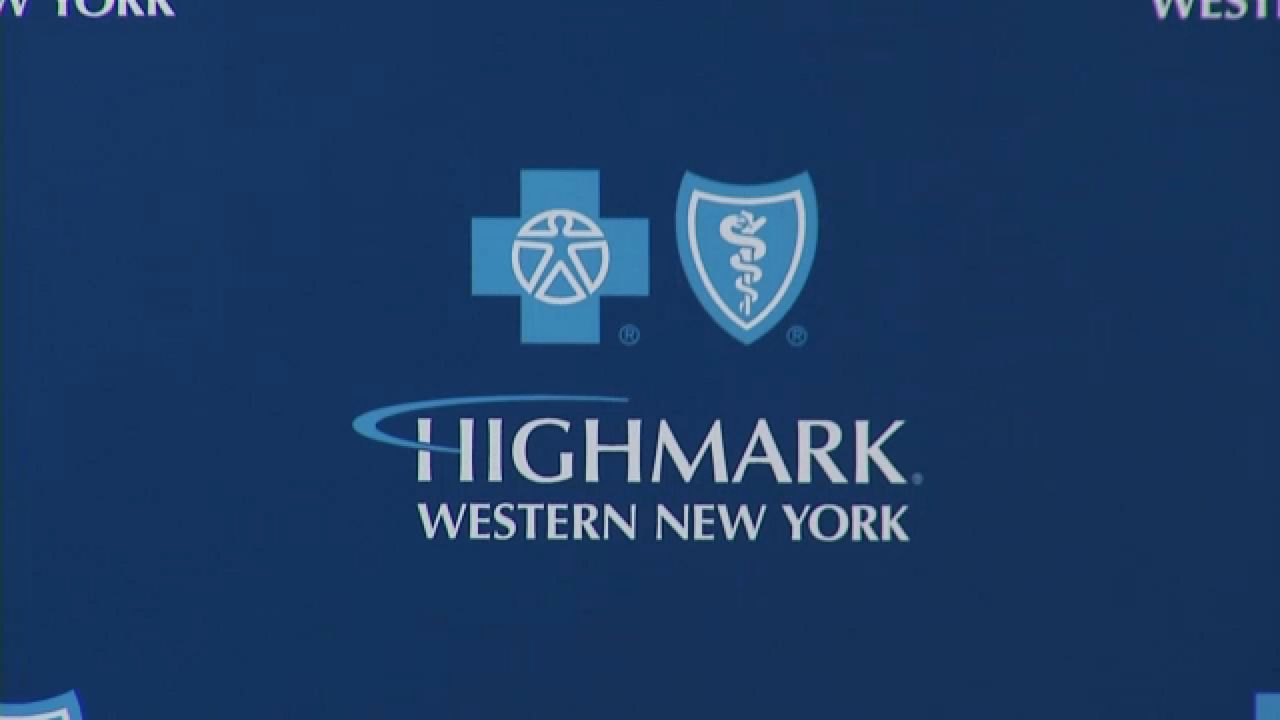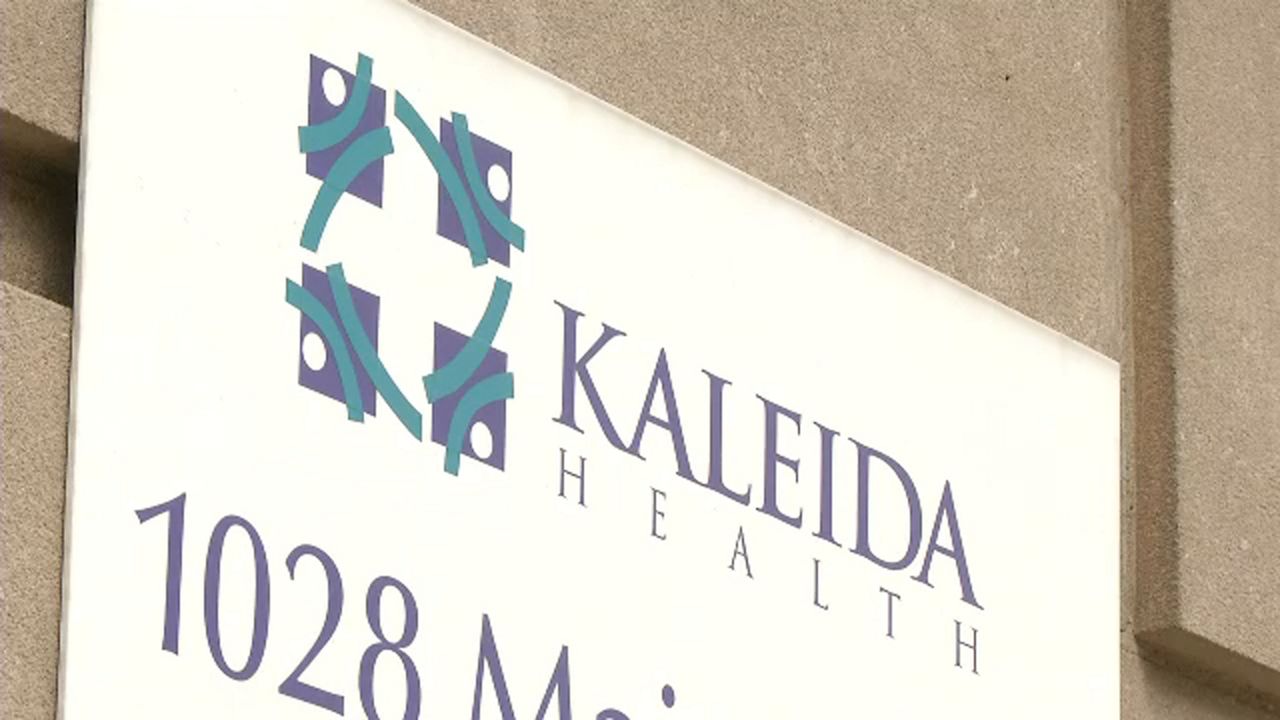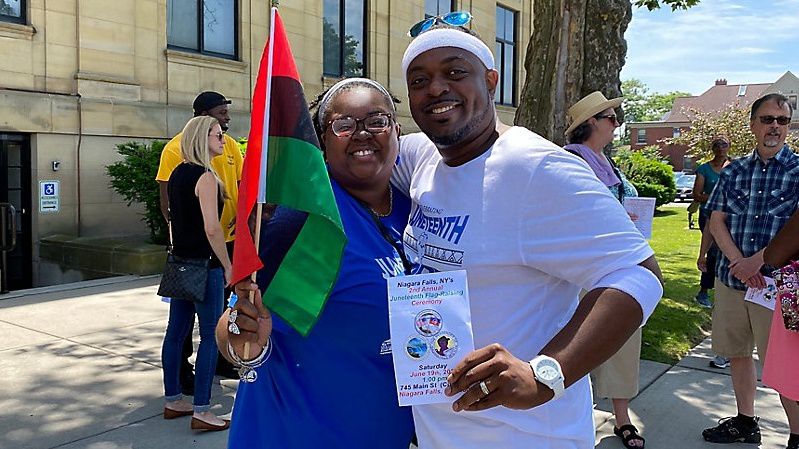Day by day, new information is being learned about COVID-19. Doctors now say the virus may not only affect your lungs but also other organs in your body, including the heart.
Thomas Russo, the chief of the University at Buffalo's Division of Infectious Diseases, said, "The concern is real."
As the pandemic continues, medical professionals are getting more information about the virus and how it can take a toll on organs other than the lungs. They say it's not just a respiratory virus, rather a multi-system virus.
Dr. Russo said, "The GI tract, kidneys, our brain, and the heart are just some of the other organs that can be involved."
Dr. Russo tells Spectrum News he noticed early on in the pandemic, it wasn't uncommon to find some heart damage in patients who were hospitalized or were severely ill with COVID-19. Those who had cardiac damage, he says, tended not to have the best of outcomes.
"What we've learned more recently is that individuals that may have an asymptomatic disease or mild disease that haven't even been admitted to the hospital, if they undergo specialized heart studies, weeks and even a few months afterwards can show inflammation of the heart and in some cases some damage," he said.
During Wednesday's Erie County COVID-19 update news conference, Health Commissioner Dr. Gale Burstein reiterated how serious the virus can be for the heart.
"For kids who are engaged in sports who are infected with COVID-19 and are symptomatic, they need to have some level of cardiac evaluation after they recover from their COVID-19 illness to get them clear to return to sports," Dr. Burstein said.
The Centers for Disease Control and Prevention is closely monitoring the correlation between the virus and the heart. Officials there report heart conditions associated with COVID-19 include inflammation and damage to the heart muscle itself. But in terms of long-term consequences on the heart and other organs, that remains to be seen.
"There could be serious consequences over time, it's something that we just need to follow very closely and it may be a while before we get the final answers for this," Dr. Russo said.
In the meantime, health officials urge people to do their best to avoid getting infected. That means wearing a mask in public, staying at least six feet away from others when outside, frequently washing your hands, and avoiding crowds.









